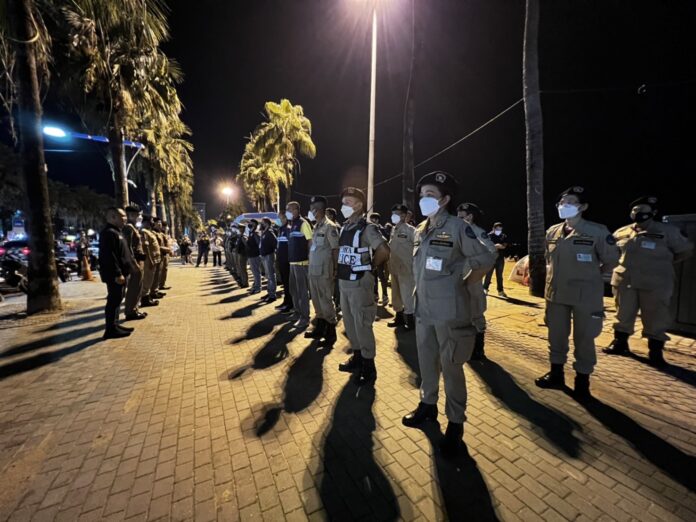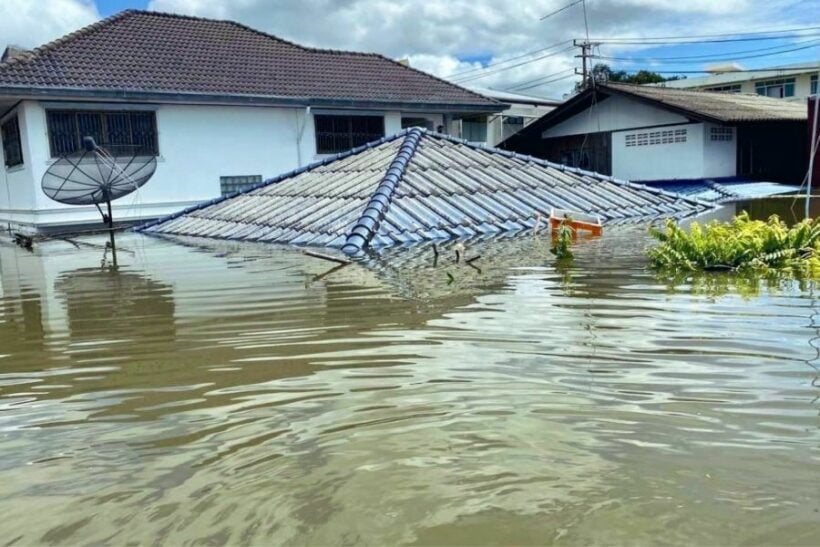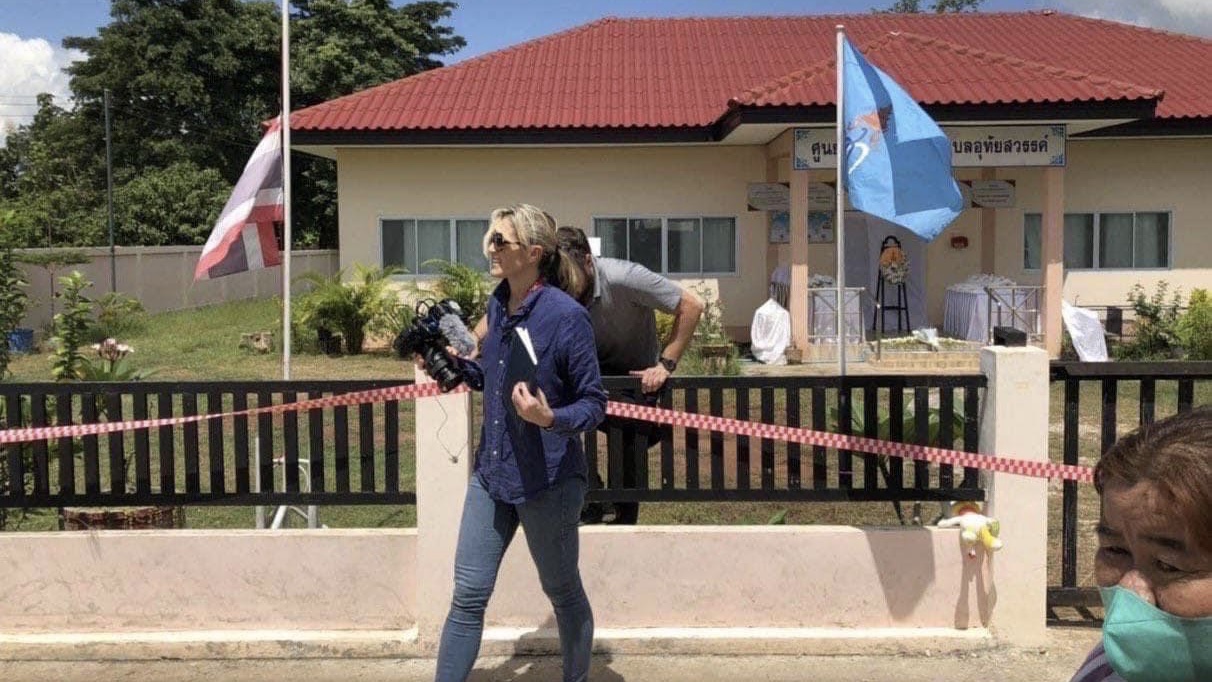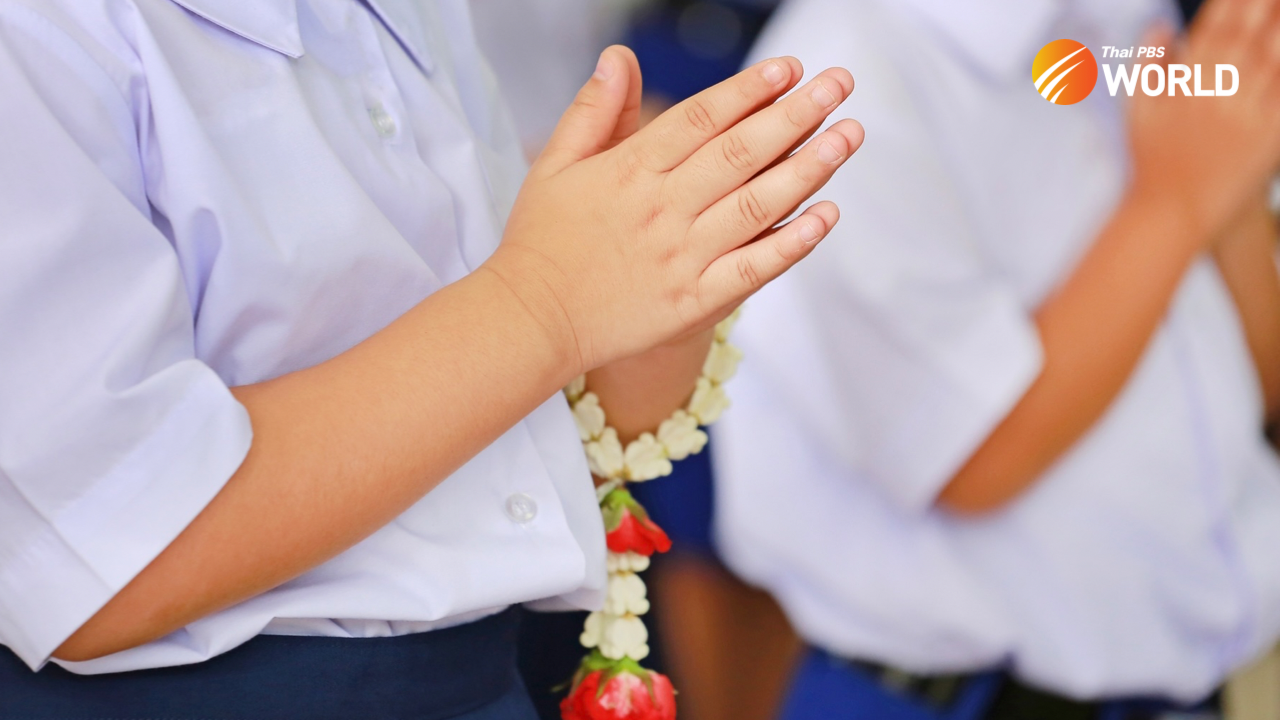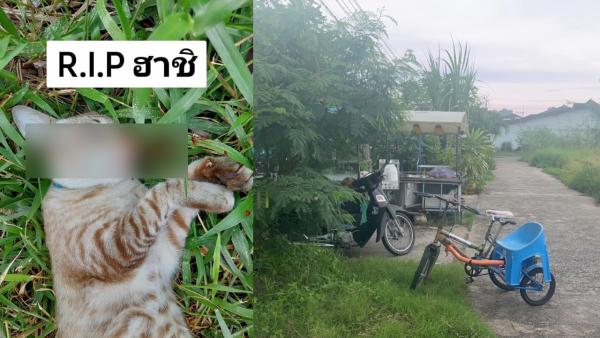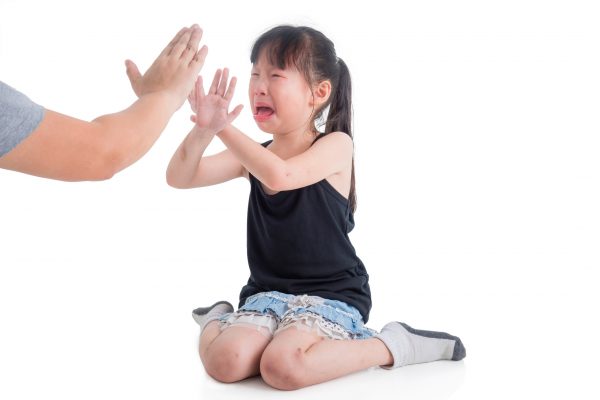
The shocking mass killing of mostly very young children in Nong Bua Lam Phu province has exposed far-ranging problems in Thai society, law enforcement and healthcare.
Under the spotlight are not only the country's drug plague but also deep flaws in the police force, lax gun laws, mental health issues and a shortage of psychiatrists.
"If something like this happens overseas, a psychological study [of the perpetrator] is conducted immediately to get to the root of the problem," said Dr Deja Piyavhatkul, a former medical lecturer and psychiatrist.
Dr Deja explained that such an investigation grants insights into the killer's mental state, enabling authorities to draw up guidelines that can help prevent a repeat of such terrible violence in the future.
"Such incidents are in fact preventable. The signs can usually be noticed months ahead," the doctor said.
Thailand's worst mass killing
On October 6, former cop Panya Kamrap fatally shot a few victims before bursting into a childcare center in Nong Bua Lam Phu's Na Klang district and launching a deadly rampage. He shot and stabbed to death 22 toddlers and two teachers, one of whom was eight months pregnant.
He murdered eight more people as he drove home, before killing his wife, his 3-year-old stepson and finally turning the gun on himself. In all, he claimed 37 lives that day.
The mass killings left the country in shock, eclipsing the shooting spree at a Nakhon Ratchasima mall two years ago that killed 31 people.
Panya had been fired from the police force in June over possession of methamphetamine. He attended a court hearing on October 6, just hours before perpetrating the massacre, and had been due back to hear the verdict on the following day.
What went wrong?
Dr Deja said Panya clearly had mental health issues but said it was still uncertain whether they were directly related to his decision to launch the mass killing.
It was possible that the killer hated society so much that he wanted to make it "cry out in pain", said the expert.
"He may have wanted to commit suicide but thought he would harm as many people as he could before killing himself. Maybe this was his way of hitting back at society."
Nong Bua Lam Phu does not have a single public health psychiatrist. If someone in this Northeastern province needs psychiatric help, he or she needs to travel more than 100 kilometers.
Indeed, Thailand has just 1.28 psychiatrists for every 100,000 people. In comparison, Switzerland has 47.17 psychiatrists per 100,000 people.
Adding to the danger from his disturbed mental state, Panya's police background gave him shooting skills and access to weapons. As well as murdering 36 people outright, he left dozens injured and at least one toddler fighting for life.
Jaded Chouwilai, director of the Women's and Men's Progressive Movement Foundation, says the police force should take responsibility.
"You can't just say he was no longer a part of the force. What did you do when was he with you?" the activist asked.
Jaded pointed out that there were more than 200,000 men and women working for the police force, and many must be struggling with stress, not least due to frustration with Thailand's kowtowing culture.
In the 13 years up to 2021, 443 members of the Thai police force committed suicide. Common reasons given were problems with health, family, debt or work-related stress.
"Many police officers turn to alcohol. Some may start taking drugs, but their superiors take no notice. Does the police force have channels to help its members deal with stress? Does it evaluate police officers' mental health on a regular basis?" Jaded asked.
In the wake of the massacre, National Police Chief Damrongsak Kittiprapas announced the Royal Thai Police Bureau will launch a "White Police" project, under which cops will face random urine tests for drugs and have their behavior closely monitored. Prime Minister Prayut Chan-o-cha also vowed a national crackdown on drug abuse.
Thailand's scourge of drugs
Locals in Uthai Sawan subdistrict, where the nursery killings took place, report that methamphetamine pills are widely available in their hometown.
"A methamphetamine pill is even cheaper than a packet of instant noodles," said one local, on condition of anonymity. "And of course, some police officers are involved in the drug trade themselves."
And although drug abusers are sent to rehabilitation programs, they usually go back on narcotics again because of their easy availability, he added.
In 2021 alone, authorities seized methamphetamine pills with a street value of 550 million baht, according to official statistics. The first seven months of this year saw 342 million meth tablets seized.
Thicha Nanakorn, director of Ban Kanchanapisek Juvenile Vocational Training Center for Boys, said Panya's case reflects the lack of management in the police force, which she believes may be rotten to the core.
"If Panya was addicted to drugs, how could he have been recruited? The country's drug prevention and suppression efforts are obviously flawed. Clearly, both young people and adults have easy access to narcotics," she said.
Thicha added that nobody questioned how the massive budget allocated to drug prevention and suppression is being spent given Thailand's deep and persisting problems with narcotics.
"We should stop sweeping these problems under the carpet," she said.
Lax gun controls
Panya was armed with a weapon he had bought in a state-subsidized gun-purchase scheme, which had not been taken back when he was sacked.
But the problem is not confined to the police force. Civilians also have easy access to weapons, as evidenced by the 10.34 million guns registered in Thailand, which has a population of 68 million. Indeed, Thailand has the world's highest number of guns in private ownership, according to the Small Arms Survey.
"Gun buyers in Thailand are required to register with the authorities, but there is no assessment of their mental state," said Parit Wacharasindhu, policy campaign manager for the Move Forward Party.
Flawed support for the bereaved
Families had trouble claiming the bodies of loved ones in the wake of the Nong Bua Lamphu mass killings. Meanwhile, they were surrounded by the media and bombarded with questions like: "How do you feel?"
This was like forcing the bereaved to relive the trauma again and again, Dr Deja said.
"The authorities should have sent a multidisciplinary team to provide support," the psychiatrist added.
Dr Amporn Benjapornpitak, director-general of the Mental Health Department, said 170 people had been directly affected by the mass killings.
"While most have started dealing with their loss, some are feeling the grief so deeply that they want to harm themselves. There are also victims and witnesses who are finding it difficult to eat or sleep. We are now providing them with counseling," she said.





